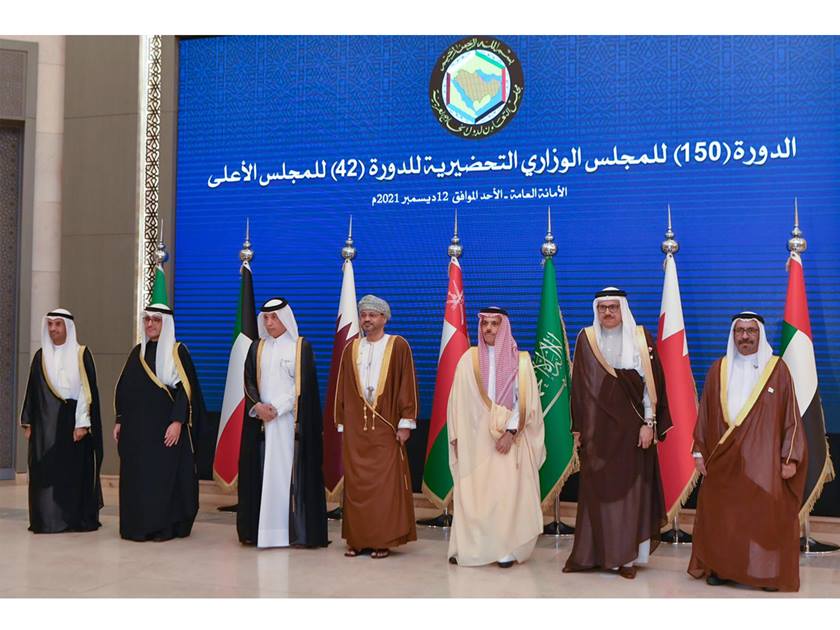The last summit took place on 5 January this year in Al-Ula and saw the signing of a declaration that resolved the 2017 regional diplomatic crisis.
Qatar participated at the preparatory session of the Ministerial Council of the Gulf Cooperation Council [GCC] in Saudi Arabia on Sunday ahead of the upcoming regional summit.
According to the Qatar News Agency [QNA], the Gulf state’s delegation was headed by State Minister for Foreign Affairs Sultan bin Saad Al Muraikhi.
The latest meeting comes ahead of the GCC Summit, scheduled to take place on 14 December this year in Riyadh.
Last week, Saudi Arabia’s King Salman bin Abdulaziz Al-Saud invited Qatar’s Amir Sheikh Tamim bin Hamad Al-Thani to attend the event, set to be the first to take place since the GCC reconciliation.
Commenting on the upcoming summit, Qatar’s former Prime Minister Sheikh Hamad bin Jassim Al Thani, known commonly as HBJ, said that “signs of positive political harmony are beginning to appear on the horizon” in the Gulf region.
بدأ يلوح في الأفق في منطقتنا الخليجية بوادر انسجام سياسي ايجابي، أتمنى أن يتجلى بوضوح في القمة القادمة لمجلس التعاون الخليجي لإعادة تأهيله وتجهيزه لانطلاقة جديدة ثابتة في شتى المجالات، تكون مدروسة وواقعية،
— حمد بن جاسم بن جبر (@hamadjjalthani) December 12, 2021
In a Tweet, HBJ expressed his hope that the summit will rehabilitate the GCC “and prepare it for a new steady start in various fields, which will be studied and realistic”.
During the 41st GCC Summit, countries in the Gulf and Egypt signed the Al-Ula declaration, ending an illegal air, land and sea blockade imposed on Qatar in 2017.
Under the Al-Ula Declaration, members of the GCC and Egypt agreed to unite for regional peace and security and vowed to cooperate to tackle major issues including the Covid-19 health crisis.
Earlier reports stated that the Iranian nuclear file is also on the agenda for this year, as talks aimed at reviving the Joint Comprehensive Plan of Action [JCPOA] continue to take place in Vienna.
The JCPOA and impact of Iran’s nuclear activity on the region are among the main topics to be discussed by Gulf leaders and diplomats.
When the GCC crisis was resolved earlier this year, Qatar offered to mediate between Saudi Arabia, Turkey and Iran. On the other hand, it offered to mediate between Abu Dhabi, Tehran and Ankara.
GCC
The GCC was formed in 1981, comprising six countries in the Gulf region including: Qatar, Bahrain, Kuwait, Oman, Saudi Arabia and the United Arab Emirates.
Similarly, it was created to promote joint security, economic, cultural and social cooperation between its members and holds annual summits to review ties between all GCC countries.
The goal was also to protect the countries from threats following the 1980 Iran-Iraq War, which started with Saddam Hussein’s deadly invasion of the Islamic Republic that led to at least one million casualties.
The GCC has six main branches, including: The Supreme Council; The Ministerial Council; The Secretariat General; Consultative Commission of the Supreme Council; Dispute Settlement Commission; and Secretary-General.
The bloc has faced major challenges in the past four years after Saudi Arabia, the UAE, Bahrain and Egypt imposed an illegal air, land and sea blockade on Qatar in 2017.







